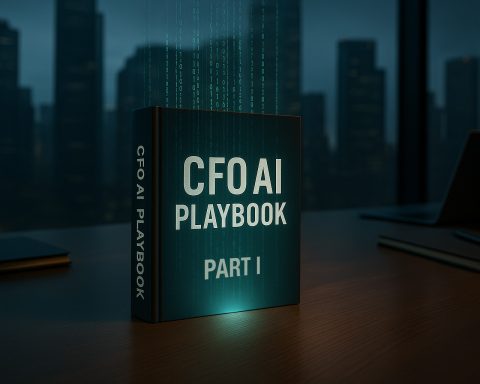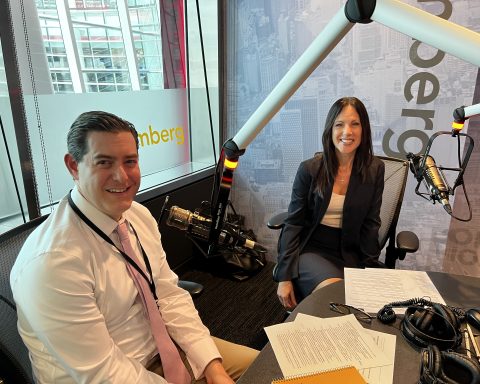For decades, financial executives relied on performance to speak for itself. Results, after all, were the loudest voice in the room. But today, leadership is as much about perception as it is about precision. Visibility isn’t vanity—it’s strategy.
And here’s the hard truth: You either own your narrative, or someone else will.
That’s the central message I shared in a recent session now available on YouTube, and one I believe every CFO, finance leader, and board hopeful needs to hear right now.
🎥 Watch: Creating a Standout Personal Brand for Financial Executives
Performance Alone Doesn’t Differentiate Anymore
In a market flooded with talented operators and data-driven decision-makers, it’s no longer enough to have a track record. Today’s leaders must also have a story—a clear, credible narrative that articulates how they lead, why they matter, and what it’s like to work with them.
Think about it: boards, investors, and CEOs are hiring more than just skill—they’re investing in trust. And trust is built not only through results but through visibility and consistency.
What Makes a Strong Personal Brand?
For executives, personal branding isn’t about self-promotion—it’s about strategic clarity. Your brand should reflect the throughline of your leadership: the crucible moments that shaped you, the way you think through risk, and the consistent outcomes you drive.
Start with these three questions:
- Who do I serve? (Think: investors, PE firms, global finance teams.)
- How do I help? (Is it margin growth, operational transformation, strategic exits?)
- Why does it matter? (What would not happen if you weren’t in the role?)
When you can articulate that narrative cleanly—on LinkedIn, in an investor pitch, or at a leadership summit—you become more than an executive. You become a trusted brand.
Visibility Builds Confidence
One of the biggest misconceptions in finance leadership is that being low-profile is synonymous with being humble. It’s not. It’s just low-profile.
Leaders who communicate clearly—through thought leadership, interviews, or even internal messaging—build stronger teams, attract better opportunities, and cultivate broader influence. They’re seen as ready for what’s next.
A visible leader isn’t just known. They’re trusted.
So Where Do You Start?
In the session, I walk through a framework for defining your personal brand, drawing from the real challenges and real stories of executives who’ve landed board seats, pivoted careers, or positioned themselves for major capital raises.
The process is simple but powerful:
- Audit your story.
- Refine your message.
- Be seen. Intentionally and repeatedly.
Because again: You own your narrative—or someone else will.
If you’re an executive preparing for a board role, leading through transformation, or just ready to show up with more clarity and conviction, I encourage you to watch the full presentation:
🎥 Creating a Standout Personal Brand for Financial Executives
And if it resonates, let’s connect on LinkedIn. I share regular insights for leaders who are done playing small and ready to show up as thought leaders.

























